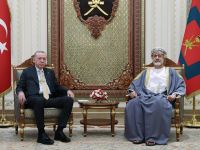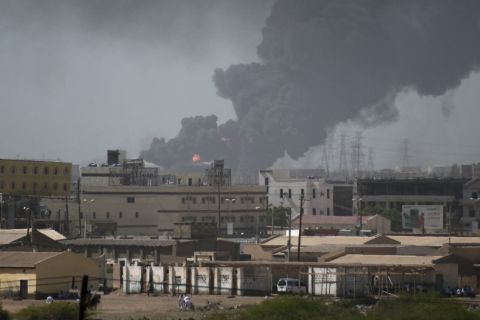Gas consumption in the Middle East region is predicted to grow by about 5 per cent per annum, similar to China and twice as fast as in the major European economies. By 2015, total consumption in the Middle East will have almost caught up with consumption in the major European economies, Malcolm Brinded, Shell Executive Director, Upstream International, informed the 18th Annual Middle East Petroleum and Gas Conference (MPGC), held under the patronage of His Excellency Sheikh Ahmad Al-Abdallah Al-Ahmad Al-Sabah, Minister of Oil & Minister of Information.
In his keynote speech, Mr. Brinded noted that the Middle East and North Africa region faces a gas puzzle that needs to be solved. The region has over 40 per cent of the world’s proven gas reserves, with scope for new discoveries, and is set to play a pivotal role in the global LNG market. At the same time, domestic demand is growing, fuelled by economic growth, low gas prices and a gradual switch from oil to gas for power generation. As a result, some Middle East countries face natural gas shortages.”
During the conference, Mr. Brinded offered ideas to boost the region’s ability to exploit its domestic gas potential, by encouraging the use of technologies to unlock the large volumes of difficult-to-access gas, investing in regional LNG infrastructure and adopting new pricing policies that help promote energy efficiency and conservation.
Kuwait Shell Chairman Mr. Ahmed Mouti commented: “Natural gas will remain the cleanest fossil fuel and has many other advantages over competing sources of electricity. Kuwait is growing steadily and needs non-associated gas resources to meet its increasing energy requirements. Kuwait is keen to secure these requirements responsibly, by increasing local non-associated gas production or importing natural gas in the form of LNG.”
Recently, Kuwait Oil Company and Shell agreed to work together to develop Kuwait’s Jurassic gas fields - an important project for Kuwait as it seeks to enhance supply security of natural gas as the cleanest burning fossil fuel.

Al Bawaba







